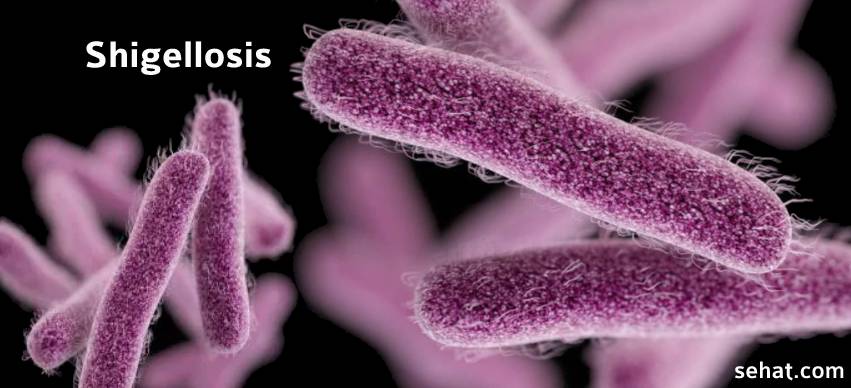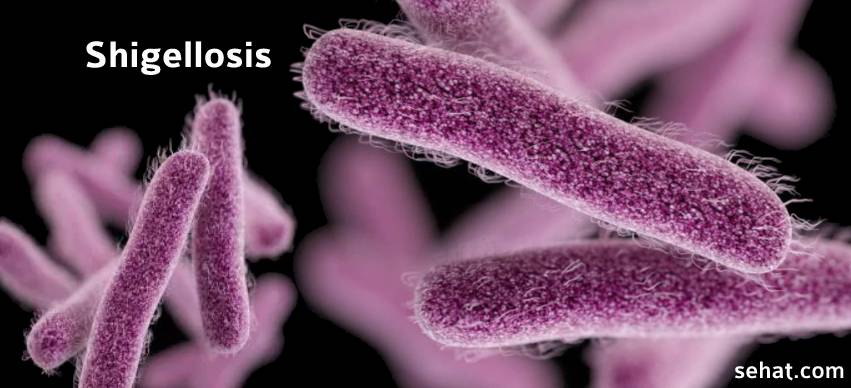Nanoparticle Therapy – An Emerging Cancer Treatment
5 Min Read


Shigellosis is a foodborne illness caused by Shigella bacteria, which are sometimes referred to as 'superbugs' due to their increasing resistance to antibiotics. This gastrointestinal infection can lead to severe symptoms and complications, especially in vulnerable populations. In this article, we will discuss the stomach infections caused by Shigella bacteria, the symptoms of shigellosis, and the foods that can lead to this illness.
Shigella bacteria are a group of gram-negative bacteria responsible for causing shigellosis, an infectious disease that affects the gastrointestinal tract. There are four species of Shigella: S. dysenteriae, S. flexneri, S. boydii, and S. sonnei. These bacteria primarily invade the cells lining the colon, causing inflammation, ulcers, and damage to the intestinal wall.
Shigella is highly contagious and can be transmitted through the fecal-oral route, which means the bacteria can spread from an infected person to another individual through contaminated food, water, or surfaces. As few as 10-100 bacteria can cause illness, making shigellosis a significant public health concern.
The symptoms of shigellosis typically appear within 1-3 days after exposure to the bacteria and may include:
Symptoms can range from mild to severe and usually last for 5-7 days. However, some individuals may experience complications, such as dehydration, toxic megacolon, or even septicemia (blood poisoning) in severe cases. Young children, the elderly, and those with weakened immune systems are at a higher risk of developing complications.
Shigellosis can be caused by consuming food contaminated with Shigella bacteria. Foods most commonly associated with shigellosis include:
To prevent shigellosis, follow these food safety and hygiene practices:
If you suspect you have shigellosis, it's essential to seek medical attention. A healthcare provider can confirm the diagnosis through laboratory tests and recommend appropriate treatment. While mild cases of shigellosis may resolve without treatment, antibiotics are often prescribed for severe cases, especially when the infection is caused by antibiotic-resistant strains.
It's important to stay hydrated by drinking plenty of fluids, as diarrhea can lead to dehydration. Over-the-counter anti-diarrheal medications are not recommended for shigellosis, as they may prolong the infection or worsen the symptoms. Always consult a healthcare professional before taking any medication for shigellosis.
Shigellosis is a foodborne illness caused by Shigella 'superbugs' bacteria, which can lead to severe gastrointestinal symptoms and complications. Understanding the sources of contamination and practicing proper food safety and hygiene measures can help prevent this illness. If you suspect you have shigellosis, seek medical advice promptly to ensure appropriate diagnosis and treatment. By staying informed and taking necessary precautions, you can protect yourself and others from this potentially dangerous infection.